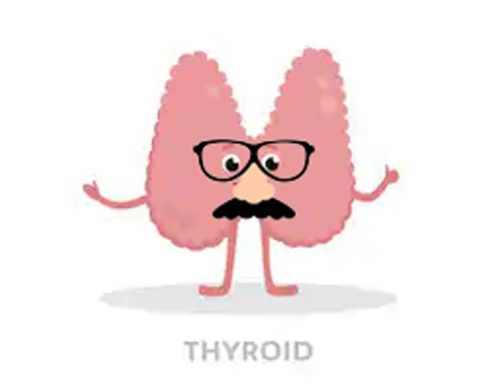by Dr. Tina Marcantel
The adrenal glands play a much larger role than simply supplying the “fight or flight” hormone. Dr. Tina Marcantel is a naturopathic doctor in Gold Canyon, Arizona, who also serves the cities of Mesa, Gilbert, Chandler, Apache Junction, Queen Creek, Florence, and the greater Phoenix area.
Q: Can you tell me why the adrenal glands are so important?
Dr. Marcantel: The adrenals are located anatomically on the north pole of the kidneys in the back and they’re protected by the rib cage. There are two adrenal glands and they are each divided into two major parts. The adrenal medulla releases adrenaline to handle short-term or immediate stress–fight or flight, such as being in danger or having to deal with a sudden crisis. The adrenal cortex that surrounds the adrenal medulla has three layers. One layer has to do with regulating blood pressure. The next layer releases cortisol to help us handle long-term stress situations and the third layer releases progesterone, estradiol, testosterone, and DHEA in small amounts.
All through your life the adrenals are producing these hormones, but for a woman the primary source of the sex hormones is the ovaries. As I explained before (Why Is Menopause More Difficult for Some Women Than for Others), when a woman enters the perimenopause/menopause phase of her life, her ovaries slowly stop producing the sex hormones and the adrenal glands should be able to produce enough of those to help make the transition to menopause fairly smooth. However, if the adrenal glands are under a lot of stress for a long period of time, they can get overworked to the point where they can’t produce, as needed—a condition some call “adrenal fatigue.”
One sign of adrenal fatigue is being “tired and wired.” When a person experiences chronic stress the adrenals are always releasing cortisol, so even though the person may be physically tired she still feels anxious or excited because of the high cortisol levels in her body.
Another sign of adrenal fatigue is low blood pressure because the adrenals aren’t able to help regulate it. Along with this sometimes people experience a craving for salt because in order to regulate blood pressure we need a certain amount of sodium in the body. When the adrenals are tired and the blood pressure drops, our body craves salt to bring up the volume of the blood, increasing the blood pressure.
There are other signs, as well, and I cover those in other articles on my website [Adrenal Fatigue].
Q: So is there a way to treat adrenal fatigue?
Dr. Marcantel: Absolutely! There are a number of things we can do, and of course I prefer to take a holistic approach—meaning we’ll deal with both the immediate physical symptoms but also work on getting to the root causes and dealing with those, as well.
We can use targeted supplements that can assist in supporting the adrenals.
The next step for the patient is learning to deal with the chronic stress that is the cause of adrenal fatigue. This comes through counseling and patient education. Sometimes it means making lifestyle changes.





